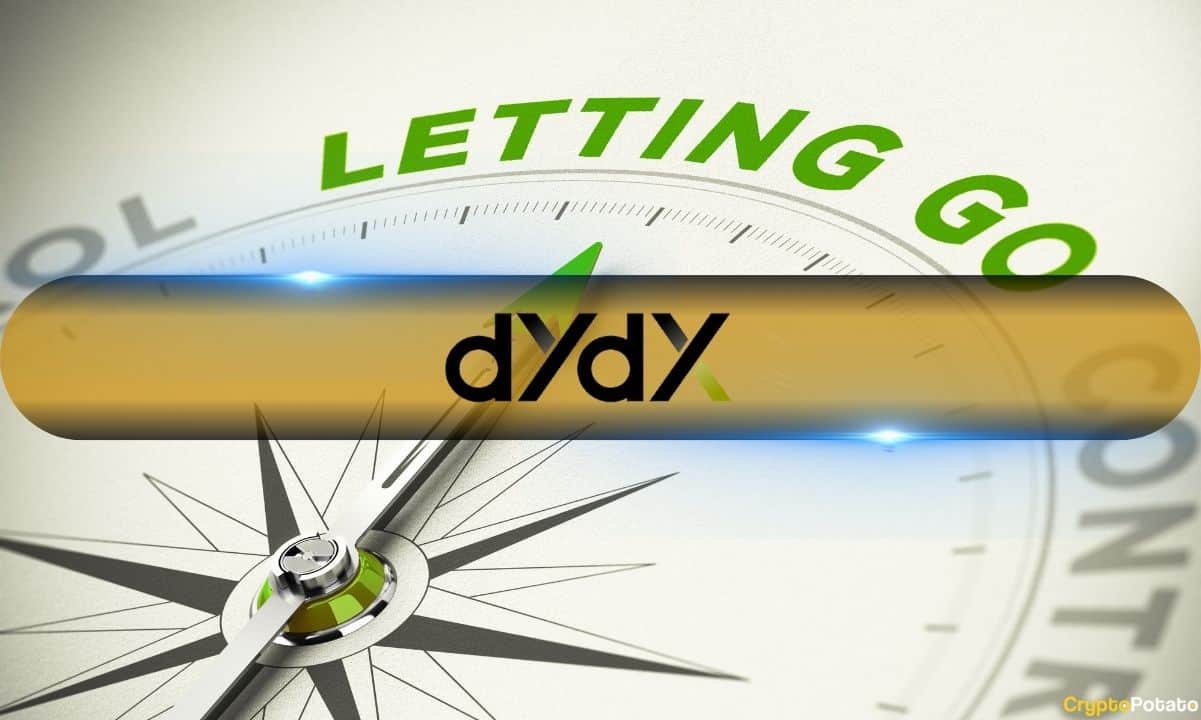The 2023-24 crypto cycle has witnessed a deviation from historical norms in the ETH/BTC ratio. The ratio, in question, is a key indicator of capital rotation and risk appetite in the market.
Despite the beginning of a bull market in late 2022, the ratio has unexpectedly continued to decline. Experts suggest that there are two factors at play with regard to this relative underperformance.
Unexpected ETH/BTC Ratio
According to the latest joint report by Glassnode and CME Group, the approval of spot Bitcoin ETFs in the US in January 2024 is the first factor that significantly boosted buy-side pressure for the leading crypto.
Secondly, the intense competition among Proof-of-Stake (PoS) blockchains has been challenging Ethereum’s dominance in areas such as liquidity, capital attraction, user experience, and, most importantly, scalability.
“Historically, the largest asset, Bitcoin, tends to lead the market during bear markets and early bull markets but lags during the more speculative phases of late-stage bulls. The ETH/BTC ratio is a tool many analysts consult as a gauge for the degree of capital rotation taking place, which is based on Ethereum serving as a bellwether asset for general risk appetite. However, an interesting shift from the cyclical norms has occurred during the 2023-24 cycle.”
However, experts from Glassnode and CME Group expect this landscape to evolve as the introduction of spot Ether ETFs in the country could potentially catalyze a reversal of this downtrend.
Investors are eagerly waiting to spot Ethereum ETFs. This week, several prominent asset managers, VanEck, Grayscale, Fidelity, BlackRock, 21Shares, Franklin Templeton, and Bitwise, have submitted their revised spot ETH ETF S-1 registration statements with the US Securities and Exchange Commission (SEC).
The regulator set July 8 as the deadline for issuers to submit their amended drafts. Industry experts are optimistic that the securities watchdog could approve the drafts within the next two weeks as issuers have already completed a significant portion of the necessary preparations.
It’s worth noting that while the SEC approved issuers’ spot ETH ETF 19b-4 applications on May 23, they also need to greenlight their S-1s before trading can begin.
Ethereum On-Chain Metrics
Amidst improved sentiment, Ethereum has managed to retain its position above the $3,000 level.
Moreover, the latest data suggest that the altcoin is currently near a potential bottom, as evidenced by the Ethereum Realized Cap, which currently stands at $240 billion. With the market cap close to or below the realized cap, many holders are at a loss. Historically, this indicates a late-stage bear market, implying that Ethereum’s price might be poised for a bullish reversal.
Meanwhile, Ethereum’s current Market Value to Realized Value (MVRV) ratio is showing signs of improving profitability and is in the recovery and bull market phase. The MVRV ratio has been steadily increasing since mid-2023, which was depicted as the late stage of a bear market, and is now above 1.0, indicating that the average Ethereum investor is holding unrealized profits.
The post Bitcoin v. Ethereum: Why BTC is Dominating the Battle appeared first on CryptoPotato.

 3 months ago
46
3 months ago
46










 English (US) ·
English (US) ·